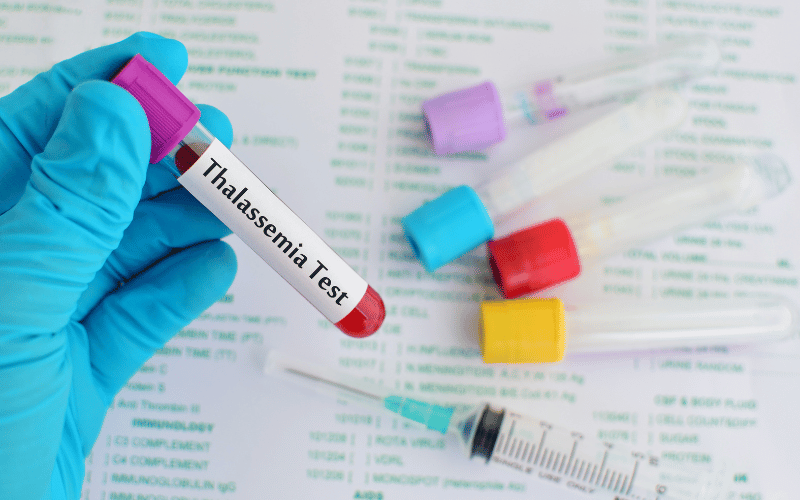Frequently Asked Questions About Alpha-Thalassemia
Advertisements
 Advertisements
Advertisements
1. What is alpha-thalassemia?
Alpha-thalassemia is a blood disorder characterized by the reduction or absence of alpha-globin chains in hemoglobin. It’s caused by mutations in the genes that encode these chains, affecting the oxygen-carrying capacity of the blood.
2. How is alpha-thalassemia inherited?
Alpha-thalassemia is inherited in an autosomal recessive pattern, which means both parents must carry the defective gene to pass on the disorder. Carriers often do not show symptoms but have a 25% chance with each pregnancy to have a child with the condition.
3. Can alpha-thalassemia be cured?
While there’s no cure for alpha-thalassemia, treatments can manage symptoms. Blood transfusions and iron chelation therapy are common. In some cases, a bone marrow transplant may offer a potential cure, but it comes with significant risks.
4. What are the main symptoms of alpha-thalassemia?
The main symptoms include chronic fatigue, skin pallor, jaundice, facial bone deformities, growth delays, swelling in the abdomen, cardiac complications, leg ulcers, recurrent infections, and bone pain.
5. Is alpha-thalassemia the same as sickle cell anemia?
No, alpha-thalassemia and sickle cell anemia are different genetic blood disorders. While they may share some symptoms like anemia and fatigue, they are caused by different genetic mutations and affect hemoglobin in distinct ways.
6. How can alpha-thalassemia be diagnosed?
Diagnosis typically involves blood tests to check for anemia and abnormal hemoglobin. Genetic tests can confirm the presence of mutations. Prenatal testing is also available for at-risk pregnancies.
7. What complications can arise from alpha-thalassemia?
Complications may include severe anemia, heart problems, liver and spleen enlargement, growth and developmental delays, and increased risk of infections. Regular monitoring and treatment can help manage these complications.
8. How can someone with alpha-thalassemia manage their health?
Management involves regular medical care, including blood transfusions if necessary, and treatments to reduce excess iron. Healthy lifestyle choices and regular exercise, when possible, can also help manage symptoms.
9. Is genetic counseling recommended for alpha-thalassemia?
Yes, genetic counseling is recommended for individuals with a family history of the condition, carriers, and couples with a known risk to understand their chances of passing the disorder to their children.
10. Are there any new treatments on the horizon for alpha-thalassemia?
Researchers are continually exploring new treatments, including gene therapy, which aims to correct the genetic defects causing the disorder. Clinical trials for new medications and therapies are also ongoing.
Conclusion: Embracing Understanding and Action in Alpha-Thalassemia
In the journey through the varied and complex landscape of alpha-thalassemia, we’ve navigated the intricate web of symptoms that define this condition. From the relentless fatigue that shadows daily life to the subtle yet significant changes in complexion, each symptom weaves into the larger narrative of alpha-thalassemia’s impact on the body and mind.
The condition, though challenging, opens a path to resilience and understanding. Knowledge is power—recognizing the signs and symptoms empowers individuals and families to seek timely medical advice, embrace supportive therapies, and ultimately, improve the quality of life for those affected.
As research forges ahead, bringing hope through potential new treatments and the promise of gene therapy, the importance of awareness and education remains steadfast. With every question answered and every symptom addressed, the community moves closer to a world where alpha-thalassemia is not a shadowy figure in the background but a condition met with actionable knowledge and compassionate care.
In closing, let this article serve not just as a guide to understanding alpha-thalassemia but as a beacon of support. For those living with the condition, their loved ones, and the healthcare professionals who journey with them, the collective goal is clear: to turn understanding into action, and action into a brighter, healthier future.